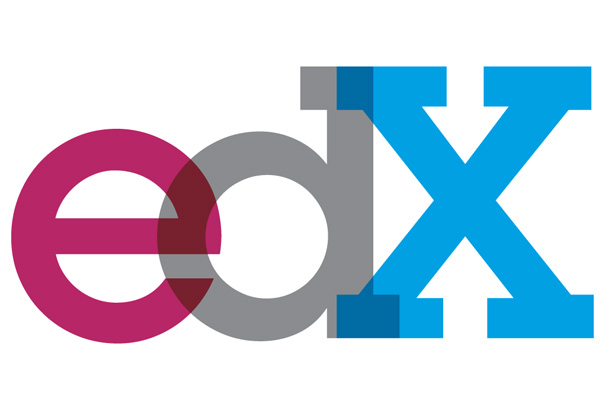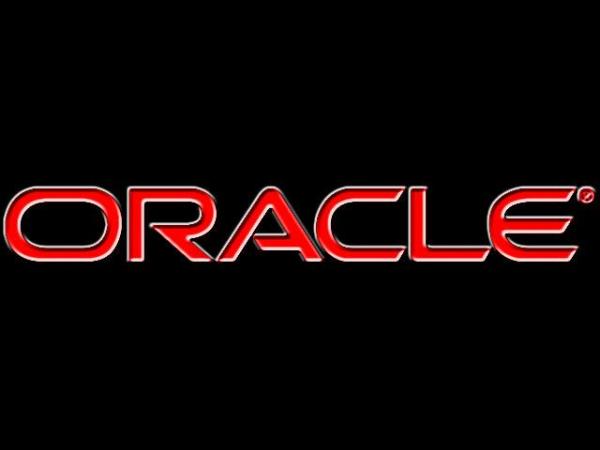Trade Facilitation In Nigeria through Better Internet Payment Options (PART 2)
 Let’s now look at eCommerce in a bigger picture by comparing the relationship between these groups of people:
Let’s now look at eCommerce in a bigger picture by comparing the relationship between these groups of people:
Nigerians in Diaspora
Nigerians at home
Foreigners in Nigeria
Foreigners abroad
In the Internet marketplace, Nigerians in Diaspora will like to shop for their relatives at home while still abroad. Also foreigners in Nigeria will like to shop for their relatives abroad while still in Nigeria . Nigerians in Diaspora will like to shop in Nigerian marketplaces for their consumption, while foreigners in Nigeria will like to shop for themselves in foreign marketplaces. Lastly, foreigners abroad will like to shop in Nigerian marketplaces for foreigners in Nigeria. The above classes of shoppers will require two distinct marketplaces, one floated from Nigeria and the other floated from abroad, and an effective Internet payment option to enable the exchange of goods and services via the internet. The dominant Internet payment options are PayPal and credit card.
eBay is an example of a marketplace floated from outside Nigeria. VTN serves some market places in Nigeria as a payment gateway, and it is floated from Nigeria. eBay and Amazon are marketplaces that in theory will allow one to buy and sell from anywhere in the world, but in practice you will find out that some countries have been blacklisted (Nigeria inclusive because of non-delivery of products and chargeback). This means that these marketplaces have written off the Nigerian Internet space. As a country, we are missing out on opportunities when the likes of Amazon, eBay, and clickbank are shutting their doors on us . These are stakeholders on the Internet. It feels good when you order a John Grisham novel from Amazon, read it in a couple of days and place it back on Amazon to get half of its selling price. Last Christmas, the Internet market place recorded about $1 billion sales of petty goods in a single day. Some of the market places like eBay own their online banks, this gives them power to easily blacklist a country. Online banks are critical in eCommerce. Online banks like PayPal, Visa, Mastercard, Clickbank etc can handle payment efficiently in eCommerce.
Foreigners in Nigeria can effectively pay for goods and services abroad. The problem is Nigerians in Diaspora and at home shopping for products online. Since Nigeria is a consumer nation, we will buy more finished goods from foreign marketplaces. But foreigners could order for the following products from Nigerian marketplaces: Nigerian home videos, Nigerian art, books, raw materials, etc, but the problem still remains a reliable payment option. Foreigners will hardly insert their credit card numbers in Nigerian floated websites for fear of abuse, since those numbers will be automatically collated in a database of that website or payment gateway. On the other side of the coin, PayPal which is now a default payment option on the Internet, will not accept membership directly from Nigeria; this resulted from bitter payment abuses from Nigerian buyers. This is possible because from your IP address your location will be visible, and PayPal will not partner with Nigerian banks. Even if you eventually circumvent PayPal’s protective barriers, merchant sites abroad will block your IP address from transacting on their sites, coupled with the fact that there are other features that could give you away as a Nigerian buyer.
Some Nigerians go as far as relying on friends abroad to open PayPal accounts for them using their foreign addresses, bank accounts and phone numbers, this is a serious security breach since a third party is involved . To mitigate this risk, some organized ies for credit card purchases on foreign marketplaces. They do this by opening accounts with Nigerian bank. You give them the link to your purchase page, when you make payment to them in Nigeria they then help you make PayPal or credit card payments
More so, online companies like VTN have partnered with some Nigerian banks, and online banks like Graphcard and Clickbank. When you deposit money in their partner banks , you can export the money less commission charges into VTN and from VTN to Graphcard which will reflect in dollars. Graphcard has a facility to generate VISA card for online transactions, grant check payments and sell virtual US phone numbers and physical address for the creation of PayPal accounts. This system works, but is cumbersome with multiple commission junctions at each point of transaction.
Softpay is an Internet payment option in Nigeria , it is a Nigeria’s version of PayPal with a gateway to PayPal where Nigerians in Diaspora can send money to their folks or make purchases on Nigerian websites that use softpay as their payment gateway, but very few businesses in Nigeria own websites, and those that own websites do not give room for online transactions. Kalahari.com which recently disappeared is a Nigerian marketplace operated outside Nigeria, but Nigerians at home could not directly list their merchandise on the site. Interswitch is the payment gateway that will allow Nigerians at home to shop on Kalahari.com, but Interswitch only operates a debit card, therefore they need to operate like PayPal because they are integrated with all banks in Nigeria.
Other online marketplaces that feature classified ads in Nigeria are:
http://www.tradestable.com.ng/lagos/
http://www.google.com.ng/africa/trader/home
http://www.goodluckadverts.com/
All these marketplace that offer free listing of product don’t have payment options linked to them.
In this regard, how do we integrate Nigeria into the online marketplace? First we need to learn to transact and trust our online banks. As entrepreneurs, if we shun Internet payment options due to online scams, then we will be losing on lots of opportunities. When engaging on an online payment scenario, you have to strike a balance between ‘trust’ and ‘distrust’. When we develop good online banks with global ratings, then foreigners will patronize our Internet market places. Online banks in Nigeria have to establish gateways with foreign banks to allow websites abroad use local payment gateways as a payment option. We want a situation where all eateries for instance will accept payment from people outside Nigeria and delivery can be made to people in Nigeria.
Mobile Payment System is another payment option that cannot be ignored. By CBN definition and regulations, Mobile Payment System refers to the various components required to deliver person-to-person mobile payment to the banking and non-banking community. The telecom industry plays a critical role in mobile payment system. There are three major models for the implementation of mobile payments services namely;
- Bank –Focused- Financial Institutions as Lead Initiator
This is a model where a bank delivers banking services to existing and prospective bank customers using the mobile phone as a delivery channel. A licensed deposit-taking financial institution can only deploy this model. Licensed deposit-taking financial institutions, under this model shall include, deposit money banks, microfinance banks and discount houses.
- Bank Led – Financial Institution(s) and/or its Consortium as Lead Initiator
This is a model where a bank, or a consortium of banks, collaborating with other organizations, jointly seeks to deliver banking services leveraging on the mobile banking system. This model shall be applicable only in a scenario where there exists collaboration between a licensed deposit-taking financial institution(s) and an organization duly verified by the partner bank(s). Licensed deposit-taking financial institutions, under this model shall include, deposit money banks, microfinance banks and discount houses.
- Non-Bank Led- A corporate organization as Lead Initiator
This model allows a corporate organization that has been duly approved by CBN to deliver mobile payments services to consumers. This model shall be applicable to any organization other than a licensed deposit money bank and telecommunication companies. Corporate organizations, under this model, include switching companies and payments system service providers.
In mobile payment system, money is moved electronically. E-Money is monetary value stored electronically in a centrally held electronic device. It shall possess the following characteristics to be classified as e-money:
- issued on receipt of funds
- accepted as a means of payment by parties other than the issuer
- its value shall be transferable
We are now in the era of IP version 6 with lots of devices moving on to the internet and surfing independently. It means while you are asleep your refrigerator can order for milk online by sending an email to your supplier when the milk falls below a certain level. It also means your drug store accounting software can independently send an email to a pharmaceutical company to restock a particular drug.
The Internet has actually provided us with gazillions of opportunities to transact. But it can be a double edged sword because you can spend a long time on the Internet without achieving anything. That means we need a change of attitude toward the use of the internet. You find people spending a whole night chatting on Facebook or yahoo messenger searching for emotions online. It is not good when you find people permanently on Facebook trading pictures and love stories instead of trading goods and services to expands our markets. A couple of examples to show how unproductive people can be on the internet, try to initiate a conversation on Facebook about the business strategies employed by Dangote and you get only three responses, but try to initiate a conversation about Dangote’s latest custom built Range Rover jeep and you will get four hundred responses. Also, try to initiate a critic about Chimamanda’s latest publications on Facebook and you get only five responses, but try initiating a conversation about the dark blue jeans Genevieve Nnaji wore during the last KORA award and you will get five hundred responses. This is not a good internet attitude for Nigerians.



